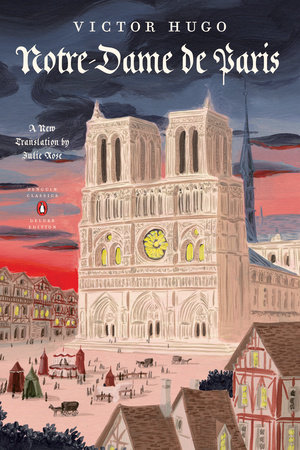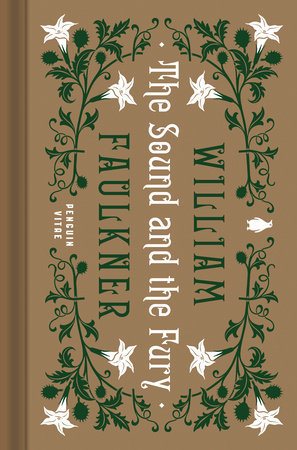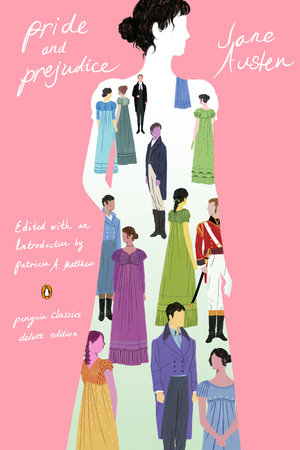
Notre-Dame de Paris
(Penguin Classics Deluxe Edition)
Victor Hugo; Translated by Julie Rose
Paperback
September 8, 2026 | ISBN 9780143135845
AmazonBarnes & NobleBooks A MillionBookshop.orgHudson BooksellersPowell'sTargetWalmart
Ebook
September 8, 2026 | ISBN 9780525507437
AmazonApple BooksBarnes & NobleBooks A MillionGoogle Play StoreKobo
About the Book
A Penguin Classics Deluxe Edition, with flaps and deckle-edged paper
In the vaulted Gothic towers of Notre-Dame Cathedral lives Quasimodo, the hunchbacked bell ringer. Mocked and shunned for his appearance, he is pitied only by Esmeralda, a beautiful Roma street dancer to whom he becomes completely devoted. Esmeralda, however, has also attracted the attention of the sinister archdeacon Claude Frollo, and when she rejects his lecherous approaches, Frollo hatches a plot to destroy her that only Quasimodo can prevent. Victor Hugo's masterpiece brings to life the medieval Paris he loved, and mourns its passing, in one of the greatest historical romances of the nineteenth century.
For more than seventy years, Penguin has been the leading publisher of classic literature in the English-speaking world. With more than 1,700 titles, Penguin Classics represents a global bookshelf of the best works throughout history and across genres and disciplines. Readers trust the series to provide authoritative texts enhanced by introductions and notes by distinguished scholars and contemporary authors, as well as up-to-date translations by award-winning translators.











